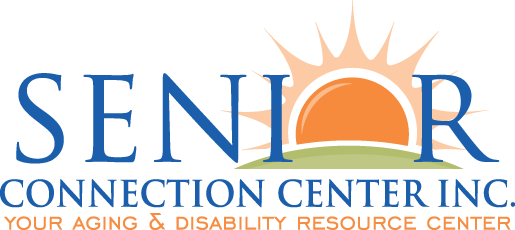More and more evidence is emerging about the array of negative impacts of loneliness on health, as well as its prevalence across varying age groups from youth to seniors. In fact, about 1 in 3 adults in the U.S. report feeling lonely and 1 in 4 adults report a lack of social and emotional support. As a result, concerted efforts have emerged to address the situation. The U.S. Surgeon General declared an epidemic of loneliness and social isolation and in 2023, released an advisory in response to the epidemic. In the United Kingdom, a Minister of Loneliness has been appointed to address social and health issues caused by social isolation.
Before diving into the effects of both, it’s important to understand the difference between the two. Often used interchangeably, loneliness and social isolation are related but distinct terms. Loneliness is defined as the unpleasant subjective perception arising from the discrepancy between an individual’s desired and actual level of social connection. Social Isolation is a state in which an individual has objectively few social relationships or roles, and infrequent social contact.
The effects of loneliness on our health
From health challenges like chronic conditions, behavioral health conditions and disability, to resource limitations like language barriers, living in a rural area and lack of transportation, risk factors for social isolation and loneliness come in many forms and impact people of all ages.
Both can have a significant impact on our health, affecting both mental and physical well-being. According to the CDC, negative health impacts may include:
- 50% increased risk of dementia
- 32% increased of stroke and 29% increased risk of heart disease
- Higher rates of mental health conditions like depression, anxiety and suicide
- Increased risk of premature death
- And, lack of social connection increases mortality risk, similar to the effects of smoking 15 cigarettes per day, obesity and physical inactivity
The power of social connection on brain health
Healthy social connections are increasingly linked to both general health and brain health, and our time spent socializing may help keep our brains flexible and boost brain resilience. Social interactions can activate neural circuits which help them maintain flexibility, playing a role in memory, cognition and emotional regulation. Meaningful social interactions also contribute to cognitive reserve, which acts as a buffer against brain-damaging effects of stress. There is even a scientific correlation between more social engagement and a lower risk of dementia and depression.
What is Humana doing to address loneliness?
At Humana, we’re uniquely positioned to address loneliness and social isolation in the U.S. Our approach is grounded in the Six Pillars to Advance Social Connection, as recommended in the U.S. Surgeon General with special attention paid to strengthening social infrastructure in local communities, enacting pro-connection public policies, mobilizing the health sector and building a culture of connection.
During the COVID-19 pandemic, Humana launched the “Far From Alone” Campaign, which brought together partners to promote social connectedness and reduce feelings of loneliness. Although we have emerged from the pandemic, the issue of loneliness, particularly among seniors, still exists. We continue to connect our members, providers and team members with screening tools and resources, to not only identify loneliness but help address and educate on the topic as well.
Additionally, we deliver individualized support to our members’ caregivers, with the goal of improving their well-being and reducing caregiver fatigue. This includes a standard assessment of caregiver strengths and needs and referrals to resources and education. Some of our plans offer caregiver respite support as well.
To help our members find community resources, our Humana Community Navigator® (powered by findhelp) allows members and their care managers to search within their communities for loneliness resources, as well as help with utilities, food resources, housing support, transportation programs and more. The Humana Foundation is committed to supporting initiatives that combat loneliness and mental well-being through grants offered by Humana Foundation Health Equity Innovation Fund.
How can individuals boost social connections and reduce feelings of loneliness?
Anyone can deepen their social interactions and foster better connections by practicing simple acts daily. A few proven tactics include:
- Prioritizing Relationships: Value your connections. Reach out to old friends, meet new ones, and create meaningful bonds and appreciate the connections you have, even small ones.
- Engaging Actively: Participate in social activities, clubs, or community events.
- Exploring New Hobbies: Trying something new can lead to meeting new people.
- Volunteering: Volunteering provides a sense of purpose and connects you with like-minded people.
- Digital Balance: Use social media mindfully. Balance online interactions with face-to-face conversations.
- Practicing Empathy: Understand others’ feelings and build stronger connections, but also remember to be kind to yourself and practice self-compassion.
Loneliness is a critical yet often unseen factor in our physical and mental health. It not only affects our emotional well-being but can have serious physiological consequences that impact our overall health. It’s imperative that we address loneliness in a meaningful and empathetic way to improve health outcomes for all our members. By first being aware of this issue, then using the tools and resources available, our members can live more fulfilling years.
This article was sponsored by Humana.
